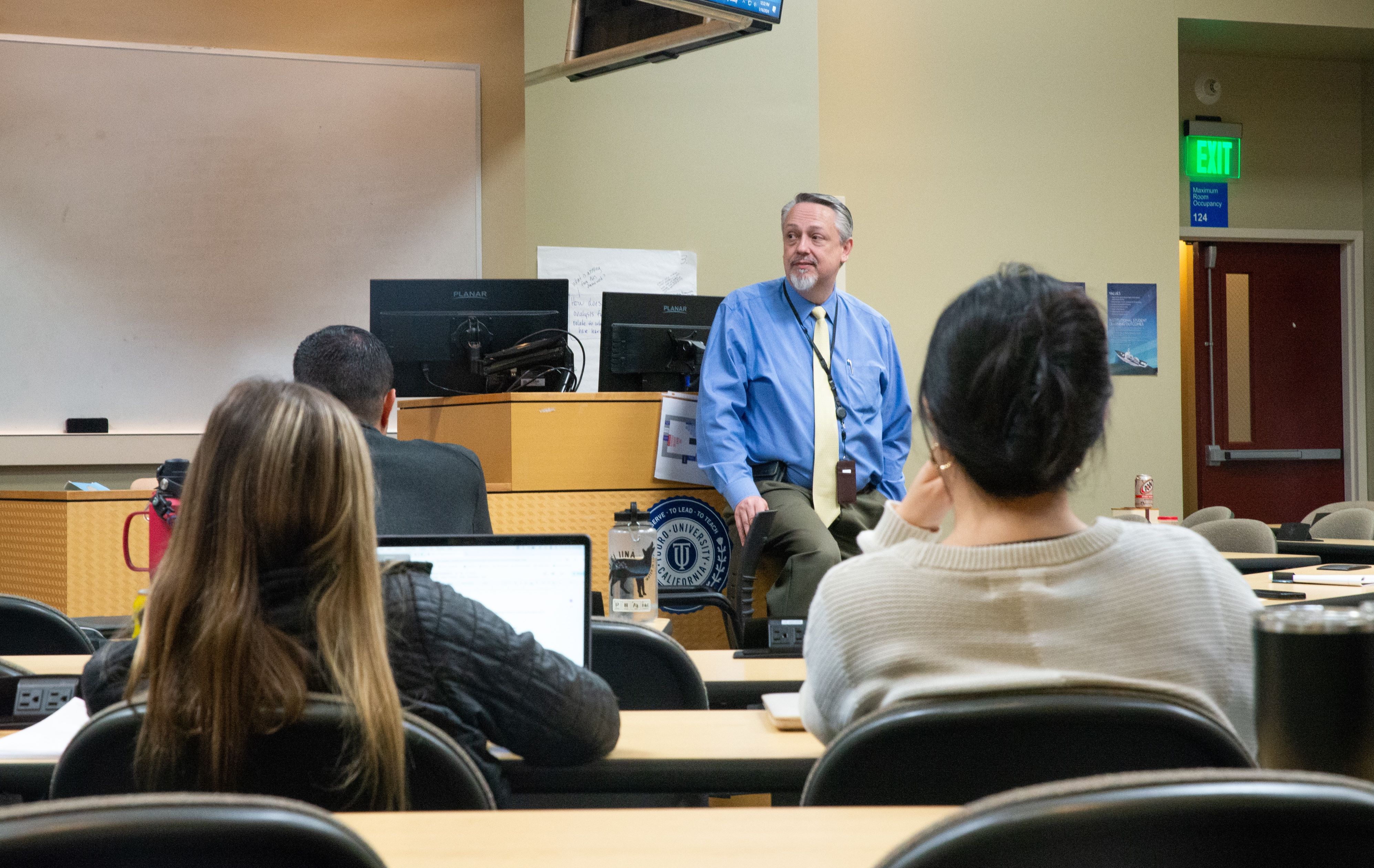Pharmacy Admits International Students
Touro University California’s College of Pharmacy introduces an international student program, including student visas, and a new era in global pharmaceutical education.

For the first time, Touro University California (TUC) will admit international students to its College of Pharmacy (COP) program in the Fall 2024. While there have always been international students in COP, the big difference is the ability to sponsor an F-1 Student Visa for students from other countries.
“It’s going to help to increase our diversity, but it’s also going to increase our impact as well,” says Dr. Jim Scott, Dean of COP. “We would love to be able to train a wider variety of students and let them either go back to their home countries, if that’s what they want, or go out to the local communities where they can be a more active part of the health care.”
The International Pharmaceutical Federation (FIP) has developed a definition for pharmacists that’s supposed to be global, but not all countries are able to implement the requirements at this time, according to Scott. Part of it comes down to the historical roles of the profession in their country. In many countries, a pharmacist job is in the manufacture, formulation, and science of drugs, but FIP’s definition includes a lot more involvement in the clinical care of patients including helping to manage drug therapy and side effects.
Since Touro’s COP program adheres to the FIP standard, Scott sees the value of the education for international students to be considerable.
“There are countries that will send their students to the U.S. to be trained as pharmacists, then get postgraduate training so that they can qualify for a faculty position back in their home country to develop the same types of clinical pharmacy programs that we have here,” says Scott.
To help international students through the process of paperwork and prerequisites, TUC has two Designated School Officers (DSO), Dr. Kevin Ita, Professor in the College of Pharmacy and Fraylanie Aglipay, Associate Dean of Student Affairs.
“We will support them to make the transition from their countries to the United States of America,” says Ita, who helps make sure they have the correct documents and forms to get the student visa.
The Doctor of Pharmacy program is structured into a two-year instructive education followed by a year of clinical rotations. This approach allows students to acquire theoretical knowledge but also gain practical experience in a range of pharmacy settings, from hospital to community locations.
“Our program is relatively small, which we like, as it allows for more attention to students, a more hands-on approach, more opportunities for mentorship, and collaboration between students and faculty and other students,” says Scott. “We have a greater community feel than a lot of the other schools of pharmacy, and we’re right next to a nature preserve. It’s really a nice place to be able to study.”
